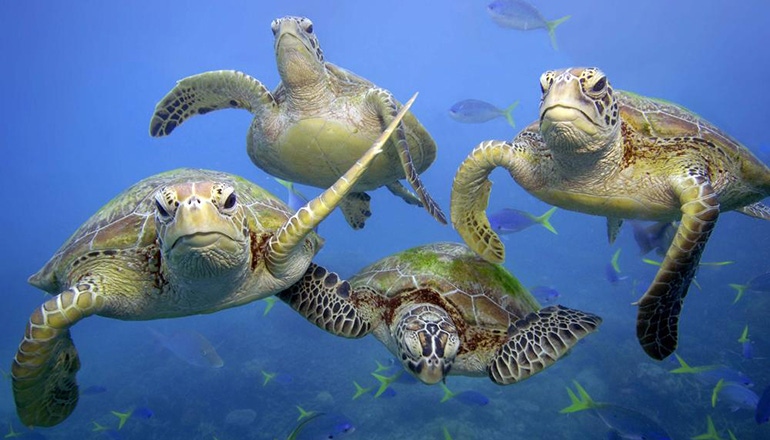WWF reports that the Mediterranean region ranks fourth largest in terms of plastic production, with plastic waste standing at 24 million tons each year.

The latest report from the World Wildlife Fund (WWF) calls on Mediterranean countries to step up regional and national policy ambitions toward eliminating plastic pollution by 2030.
According to the report, the Mediterranean region ranks fourth largest in terms of plastic production, with plastic waste standing at 24 million tons each year. The high level of plastic production is driven mainly by tourism.
Studying 22 Mediterranean countries, the report claims that the alarming rate at which pollution grows is due to mismanagement of waste by Mediterranean countries, which ends up either illegally dumped in open areas or buried in landfills, reports Morocco World News.
Based on the findings from its study, WWF is urging governments, industry and citizens to take responsibility and jointly build an efficient circular economy model in which unnecessary plastic is avoided and no plastic becomes waste.
Morocco World News has more information:
The World Wide Fund for Nature (WWF) released its latest report on Friday, June 7, giving notice of the dangers facing the Mediterranean Sea on the occasion of the World Ocean Day, celebrated on June 8.
In a 46-page report, the WWF has sounded the alarm of the ecological degeneration awaiting marine life over the next three decades as plastic waste is on the rise due to the failure of waste management policies.
The report shows that 0.57 million tonnes of plastic (33.800 bottles per minute) enter Mediterranean waters every year.
About the Author(s)
You May Also Like


